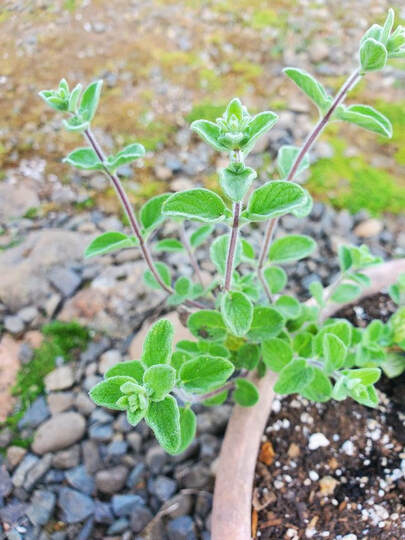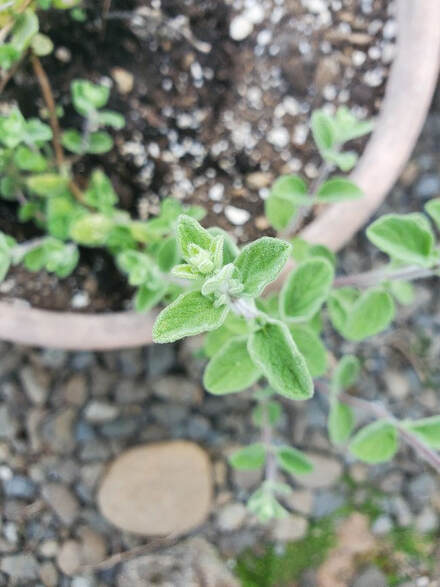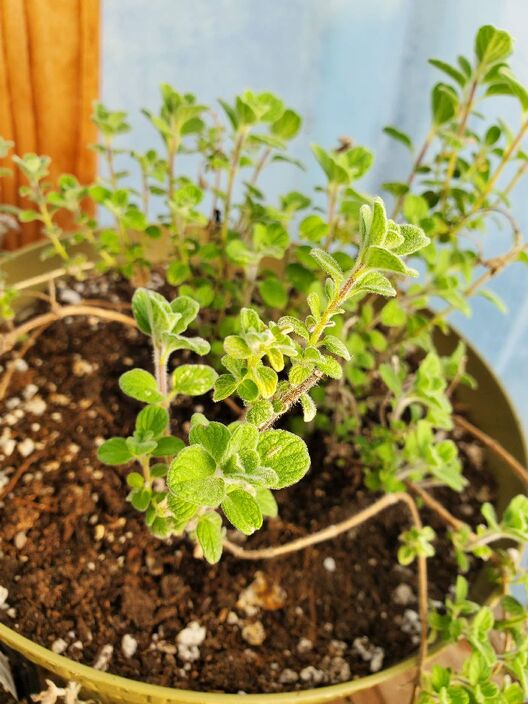So next time you share about a favorite herb – consider a bit about the name and where it came from. We love learning about new to us herbs and spices from around the world and hope you do too!
From: Sylvia Fountaine | Feasting at Home Blog
Prep Time: 5 mins Yield: ½ Cup
1 tablespoon dried thyme - crushed (or substitute oregano)
1 tablespoon cumin (see instructions about whole or ground)
1 tablespoon coriander
1 tablespoon toasted sesame seeds
1 tablespoon sumac
½ teaspoon kosher salt
¼ teaspoon or more Aleppo chili flakes- optional
Mix all the ingredients together in a small bowl. Store in an airtight container. For additional flavor, toast whole seeds (cumin seeds and coriander seeds) until fragrant, then grind. This will make a very most flavorful zaatar. If you don’t have whole seeds, feel free to use ground spices, but reduce by half.
There are many variations of Zaatar. This was Sylvia’s dad’s recipe- who was Egyptian. Other regions have different versions. There is not one “right” way. It varies from area to area, and even household to household.



